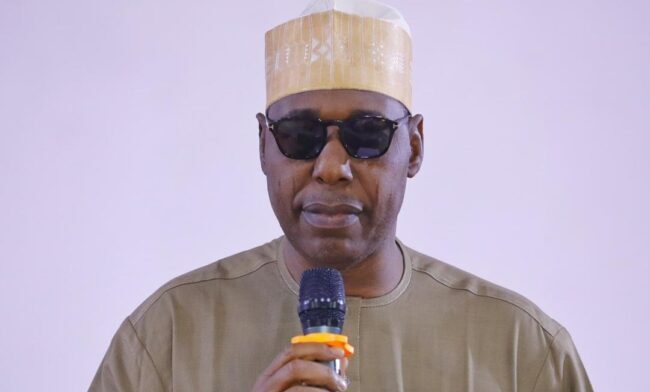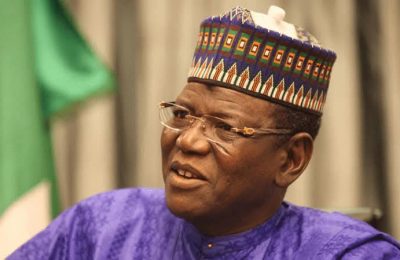Borno State Governor, Babagana Zulum, has stressed the need for skills acquisition, quality education, and scholarship programmes to address the growing concerns of youths’ restiveness and joblessness in society.
The Governor made this known on Thursday at the 7th National Council on Youths Meeting (NCYM) held at the Multi-Purpose Hall, Government House, Maiduguri. The theme of the meeting was “Transforming and Repositioning the Nigerian Youth to Thrive and Catalyze Economic Development”.
According to Zulum, “for any reasonable and responsive government, there is the need to ensure that youths who are future leaders of tomorrow are accorded the desired assistance they need”. He noted that the youth population is an asset of a nation, citing recent statistics that show 70% of the Nigerian population is under the age of 30.
“This has great potential as it will translate to a larger productive economy in the near future with these promising demographics,” Zulum said. “However, it is inspiring to see how many of our young people are stepping up, driving change and becoming the architects of their destinies and our tomorrow.”
The Governor commended the Federal Minister of Youth and Sports Development, Mr. Ayodele Olawande, and other stakeholders for choosing Borno as the venue for the meeting. He urged participants to feel free and brainstorm critically towards complementing efforts of the government in revamping the future of youths in society.
In his address, Minister Olawande expressed deep appreciation to the Borno State Government for hosting the NCYM. “This meeting reflects President Bola Ahmed Tinubu’s collective commitment in advancing the interest of Nigerian Youths in line with his Renewed Hope Agenda,” Olawande said.
Earlier in his welcome address, the state Commissioner for Youths, Sports and Poverty Alleviation, Hon. Saina Buba, highlighted the importance of youth in national development.
He said Governor Zulum has spent billions of naira in establishing 17 skills acquisition centres, sponsored thousands of indigenous students on scholarship in various tertiary institutions within and outside the country, and provided empowerment and jobs creation for teeming and vulnerable youth groups across the state.
READ MORE FROM: NIGERIAN TRIBUNE







